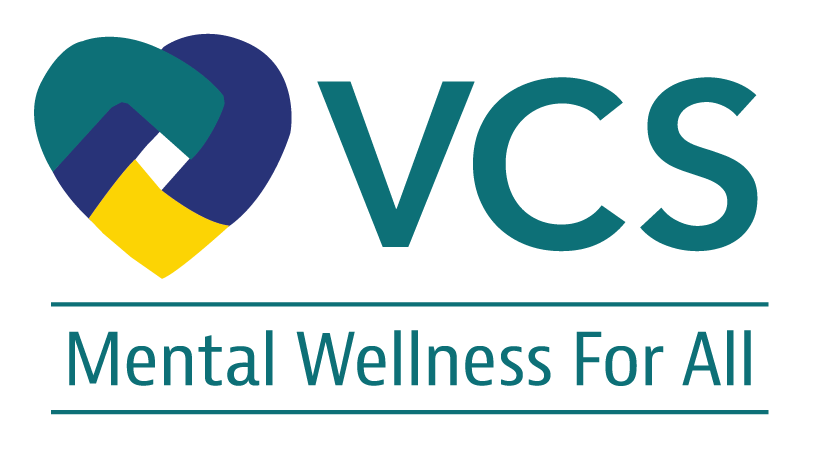Self-care is about intentionally taking steps to care for your overall well-being. As Dr. Elizabeth Scott emphasizes, self-care isn’t just about occasional pampering—it’s a consistent practice that helps you maintain balance, manage stress, and prevent burnout. By addressing your physical, emotional, social, and spiritual needs, self-care equips you to handle life’s challenges with greater resilience and joy.
Physical Self-Care
Engage in activities that nourish and strengthen your body. This can include regular exercise, eating nutritious meals, and ensuring you get enough rest.
- Take a bubble bath and unwind with a good book.
- Go for a walk in nature to refresh your mind and body.
- Join a yoga class to combine movement with relaxation.
- Cook a healthy meal that fuels your body.
Emotional Self-Care
 Acknowledge and express your emotions in a healthy, constructive way. This might involve journaling, talking to someone you trust, or taking time to process your feelings.
Acknowledge and express your emotions in a healthy, constructive way. This might involve journaling, talking to someone you trust, or taking time to process your feelings.
- Journal about your thoughts and feelings to gain clarity.
- Take a break from technology and social media to reset your mind.
Social Self-Care
Nurture your relationships by spending quality time with those who matter most to you. Social connections are key to your overall well-being.
- Spend time with friends and family doing things you enjoy together.
Spiritual Self-Care
Connect with your inner self and explore what gives your life meaning. This could be through meditation, prayer, or other reflective practices.
- Practice meditation or mindfulness to find inner peace.
- Engage in prayer or other religious practices that resonate with you.
- Reflect on your life’s purpose or read spiritual texts for deeper insight.
